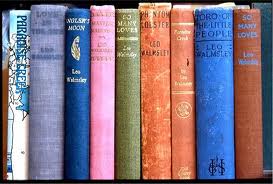Fiction
Read it
I believe this is the first novel I can say that I know the authoress first hand. Philippa is a kick-ass lady. Her situation is in some ways very similar to mind, and it was a joy to meet her and read her book.
Escape to India is about a woman who finds out her boyfriend is married - not divorced like he said - and literally just bounces to spend some time in India to gain space and perspective. She is going to run a wild life lodge and encounters some crazy and heartwarming characters along the way. There's romance, a surprise appearance of the boyfriend, and lots of fun info about jungles. It's a fun novel. I almost thought it was biographical until I almost reached the end and figured out my assumption was wrong.
What I loved about this novel was that Philippa gets India. The characters, the situations, they're all true to someone who would have gone to do what the heroine does. Probably because Philippa has spent a great amount of time here. It's not a tourist novel, and that's amazingly refreshing. Yet it comes across as quite accessible. I also loved that her main character was flawed - as we all are to be honest - but you root for her none the less. Screw the boyfriend, even I wanted to drop kick him.
To be sure, the jungle/safari/tourism sector of India isn't all of it. India is fucking huge and the variety is mind blowing. But I felt like I understood better about it - which for me is what I'm usually after in a book.
Leave alone my personal admiration for Philippa, I can't wait to read what she writes next. I would love to hear more accounts (fictional or not!) about her exploits here.
Read it!
~Becky~
